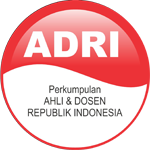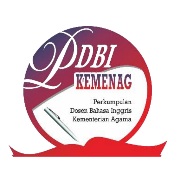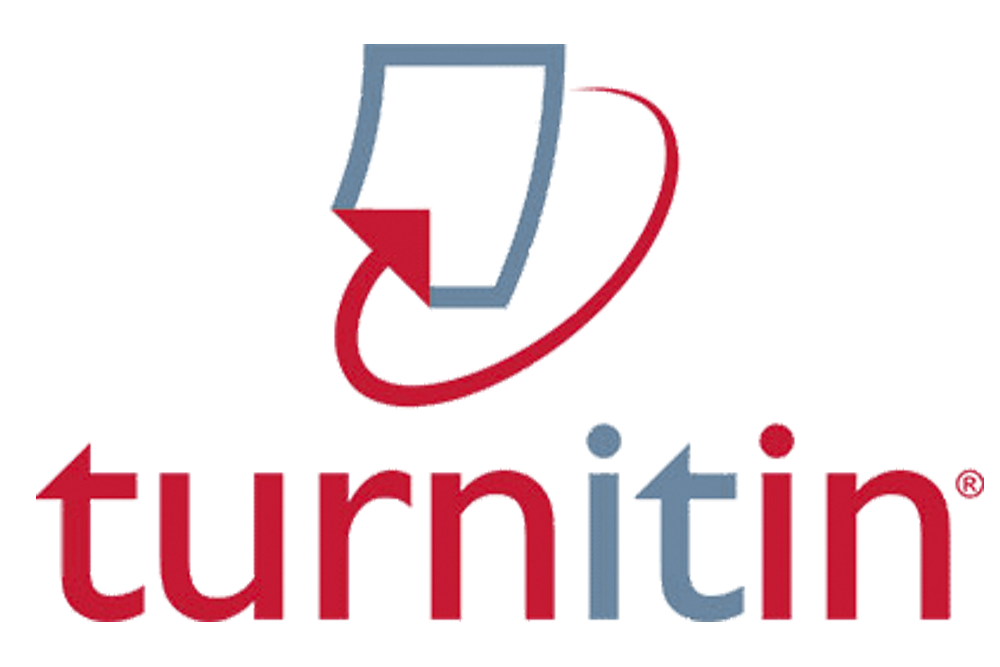- Focus and Scope
- Section Policies
- Peer Review Process
- Publication Frequency
- Open Access Policy
- Plagiarism Check
- Article Processing Charges
- Journal Archiving
Focus and Scope
English Franca publishes multi-disciplinary research and critical review of issues on applied linguistics, English language teaching and English literature in the context of English as a Foreign Language (EFL). English Franca disseminates research results and analysis regarding EFL-related issues in all countries that cover the fields of:
- English Language Pedagogy
- English Language Literacy
- English for Specific Purposes
- ELT Materials Development and Evaluation
- ELT Methodologies
- English Language Testing and Assessment
- Teaching English to Young Learners, English Literature
- Language Policy and Planning
- Literacy
- Translation
- Second Language Acquisition
- Lliterature and Lingustics
- ICT in English
Section Policies
Articles
Peer Review Process
Every manuscript submitted to ENGLISH FRANCA : Academic Journal of English Language and Education is independently reviewed by blind peer review. Decision for publication, amendment, or rejection is based upon their reports/recommendation. In certain cases, the editor may submit an article for review to another, third reviewer before making a decision, if necessary.
Authors should receive acknowledgment of receipt of their articles after three weeks of submission. If the article passes the Editorial initial screening, the article without author's details is sent to two anonymous reviewers (double-blind peer review), and the process takes about three to four months. Articles accepted with minor or major revisions should be revised as the reviewers’ comments and suggestions. It normally takes about 3 months to 1 year from submission to publication, with an average of 3 months.
Linguistically weak manuscripts will immediately be rejected (e.g., when the language is inadequate that one cannot be understand of what the authors mean). The authors should pay attention to this matter before submitting their manuscripts, it will assist the review process and publication if they are acceptable.
Publication Frequency
English Franca publishes twice a year (May and November). Each issue number (issue) amounts to a minimum of five (5) the titles.
Open Access Policy
ENGLISH FRANCA: Journal of English Language and Education provides immediate open access to its content on the principle that making research freely available to the public supports a greater global exchange of knowledge.

This journal is licensed under a Creative Commons Attribution-NonCommercial-ShareAlike 4.0 International License.
Plagiarism Check
ENGLISH FRANCA : Academic Journal of English Language and Education has a zero-tolerance for plagiarism and unethical behaviour with respect to publishing. Authors must ensure their paper is of the highest standard and that attributions and citations are accurate and the paper is original in its entirety. All papers are systemically reviewed on submission and any detections mean an immediate rejection. The journal applies plagiarism-detection to each submitted manuscript. Plagiarism screening will be conducted by ENGLISH FRANCA : Academic Journal of English Language and Education uses Turnitin to track the level of similarities and the author will be well-informed about the result of similarities-checking.
Plagiarism occurs when an author takes ideas, information, or words from another source without proper credit to the source. Even when it occurs unintentionally, plagiarism is still a serious academic violation and unacceptable in international academic publications. When the author learns specific information (a name, date, place, statistical number, or other detailed information) from a specific source, a citation is required. (This is only forgiven in cases of general knowledge, where the data is readily available in more than five sources or is common knowledge, e.g., the fact that Indonesia is the most populous Muslim country in the world.) When the author takes an idea from another author, a citation is required—even if the author then develops the idea further. This might be an idea about how to interpret the data, either what methodology to use or what conclusion to draw. It might be an idea about broad developments in a field or general information. Regardless of the idea, the authors should cite their sources. In cases where the author develops the idea further, it is still necessary to cite the original source of the idea, and then in a subsequent sentence, the author can explain her or his more developed idea. When the author takes words from another author, citation and quotation marks are required. Whenever four or more consecutive words are identical to a source that the author has read, the author must use quotation marks to denote the use of another author’s original words; just a citation is no longer enough.
ENGLISH FRANCA : Academic Journal of English Language and Education takes academic integrity very seriously, and the editors reserve the right to withdraw acceptance from a paper found to violate any of the standards set out above. The journal's editors (in conjunction with the publisher, the reviewer, ethics commission, and/or society) will take responsive measures when ethical concerns are raised with regard to a submitted manuscript or published paper. Every reported act of unethical publishing behaviour will be looked into, even if it is discovered years after publication. The editors follow the COPE Flowcharts when dealing with cases of suspected misconduct.
In cases of alleged or proven scientific misconduct, fraudulent publication, or plagiarism, the publisher, in close collaboration with the editors and members of editorial board [if necessary ethics commision], will take all appropriate measures to clarify the situation and to amend the article in question. This includes the prompt publication of an erratum, clarification or, in the most severe case, the retraction of the affected work. Together with the editors, the publisher shall take reasonable steps to identify and prevent the publication of papers where research misconduct has occurred, and under no circumstances encourage such misconduct or knowingly allow such misconduct to occur.
ENGLISH FRANCA : Academic Journal of English Language and Education takes academic integrity very seriously, and the editors reserve the right to withdraw acceptance from a paper found to violate any of the standards set out above. For further information, potential authors can contact the editorial office: efranca@iaincurup.ac.id or eka.apriani@iaincurup.ac.id.
Article Processing Charges
There is no article publication charges (APC) for every articles. This journal charges the proofreading fee for each articles is 1000000 (IDR).
Journal Archiving
ENGLISH FRANCA : Academic Journal of English Language and Education has electronic backup and preservation of access to the content of its journals via PKP Preservation Network (PKP PN). This can be seen at Publisher Manifest.
PKP has developed the PKP Preservation Network (PKP PN) to digitally preserve OJS journals. The LOCKSS program offers decentralized and distributed preservation, seamless perpetual access, and preservation of the authentic original version of the content. The PKP PN ensures that journals that are not part of any other digital preservation service (such as CLOCKSS or Portico) can be preserved for long-term access. For additional details about the PKP PN, Please kindly see the high-level overview (an early discussion document).




.png)












